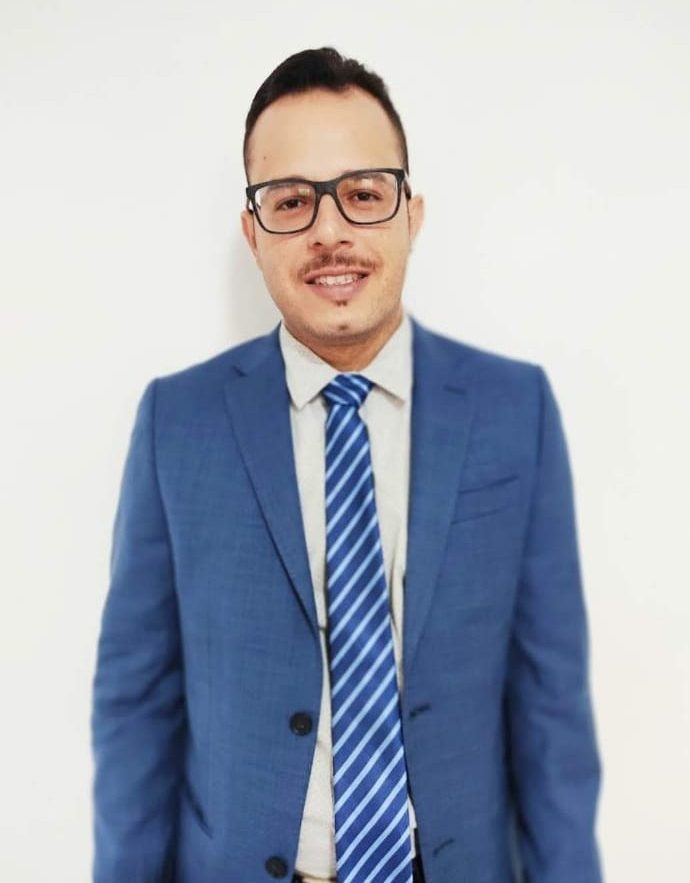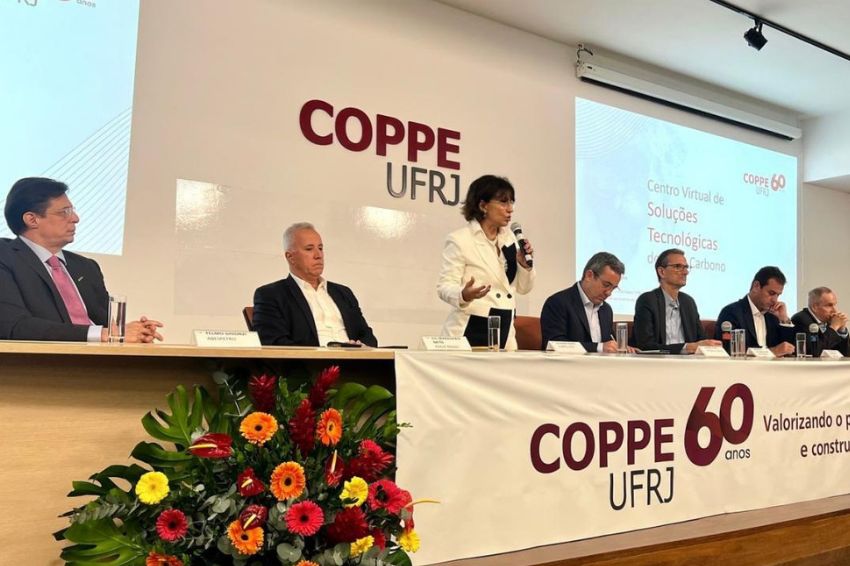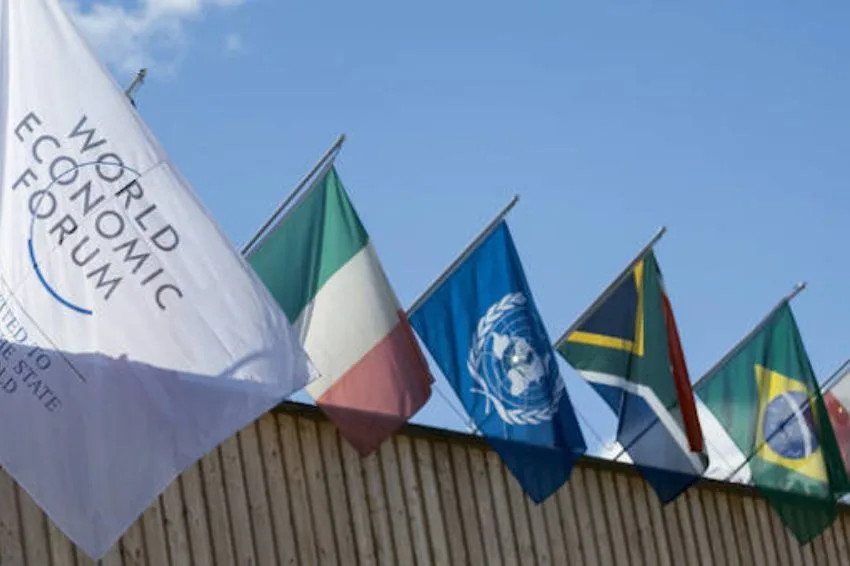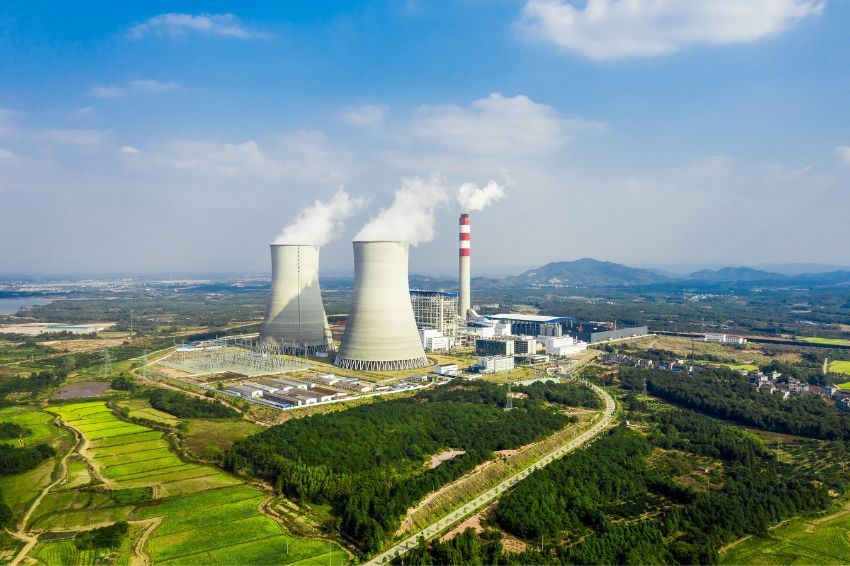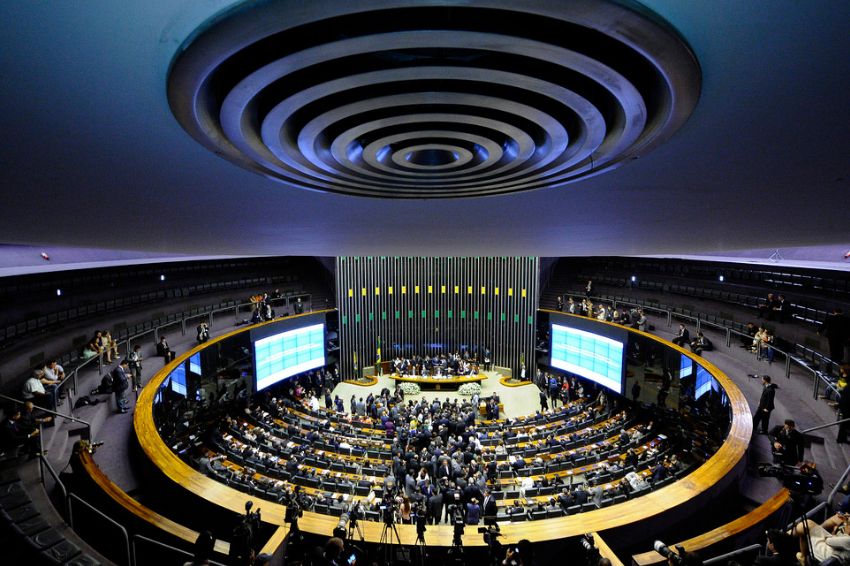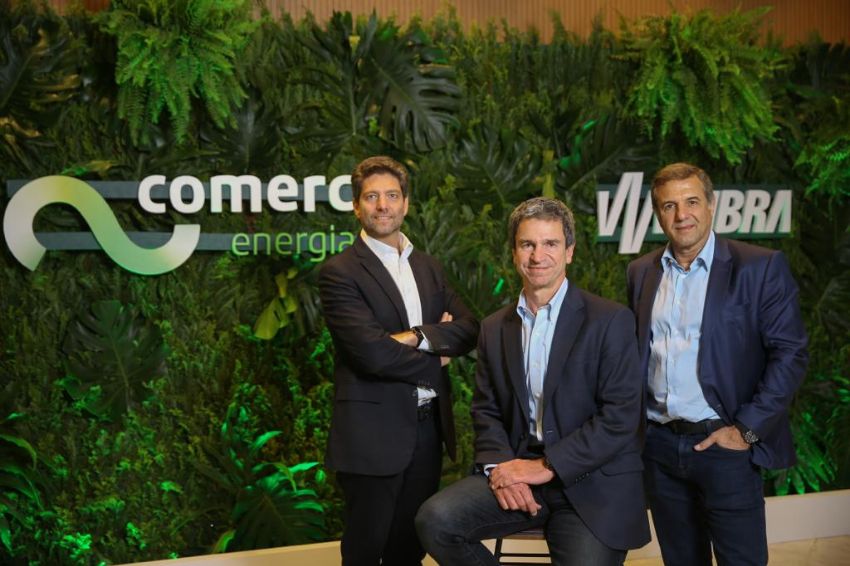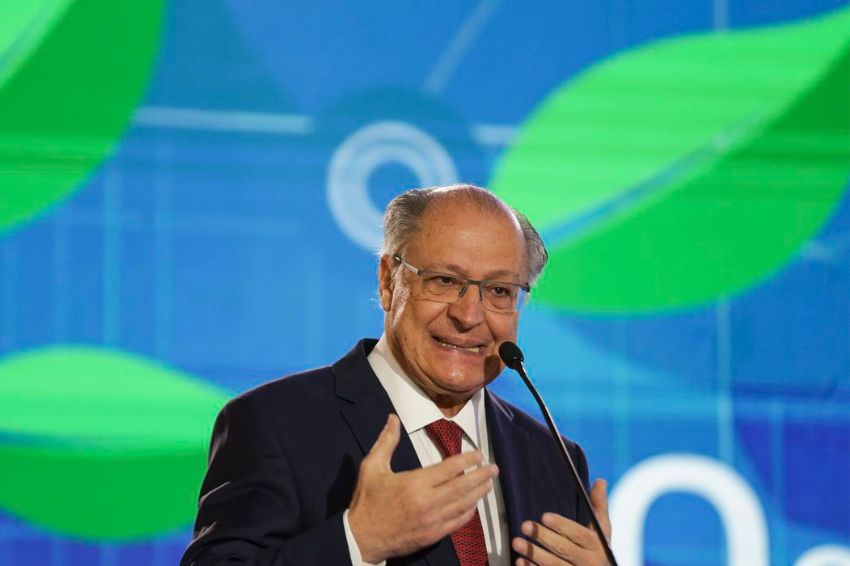A Coppe/UFRJ launched last week the Virtual Center for Low Carbon Technological Solutions, a digital platform that aims to involve the university's scientific community, public authorities and the private sector in search of solutions for the decarbonization of the Brazilian economy.
Two initiatives were made available to the market: the BxC platform that will integrate Coppe companies, institutions and specialists; and distance learning courses (EAD) on low carbon solutions, which will have two initial modules starting in August.
The director of Coppe, professor Romildo Toledo, highlighted the importance of support from the Government of the State of Rio de Janeiro, through its Research Support Foundation (Faperj), for the creation of the Virtual Center for Technological Solutions.
“The Center will work by giving visibility to the different skills we have at Coppe. We will have all our laboratories on our platform. We have around 60 thousand m² of laboratory infrastructure, and this human capital of more than 300 professors and 700 researchers, 300 post-doctors, more than two thousand masters and doctors in training, is available to help solve the problem of decarbonization” , he said.
Coppe's deputy director, professor Suzana Kahn, who heads the project, highlighted that the idea had been thought of by the board for a long time. “The world is going through many transformations, energetic, digital, cultural, behavioral, and the flow of investments has migrated and, with it, the focus of research and development. We have been reflecting for some time on how academia can better serve society and companies can incorporate the technology that is developed here at the university”, he pointed out.
“On the platform, we show areas that support the theme, such as digital transformation, carbon inventory, life cycle analysis, energy and environmental planning. We spoke with Faperj about the importance of consolidating and systematizing all of this. Even many of us at Coppe do not know all this potential. That’s why we created this BxC platform, with this Faria Lima style of business platform, with more business terminology”, explained Professor Suzana.
“The way it works is to receive demand, we design the strategy together, we make the connection, we frame it, we monitor the contracting and execution, coordination with spin-offs and, finally, the arrival of the low-carbon solution on the market. We have the idea of connecting companies to investors who are interested in low-carbon businesses, as well as philanthropic funds, development banks and development agencies”, added the professor, creator of the project.
The launches were made during the debate “Low Carbon Technological Solutions: skills and vision of the future”, held last Thursday, 15th. Italian-British economist Mariana Mazzucato said: “We run the risk of in ten years being a large producer of green hydrogen and ammonia and importer of the goods necessary for their production. Having natural resources will be less and less of a comparative advantage, the advantage will be industry.”
“We must industrialize towards renewable energy and seeking export, such as the high pressure separation (hisep) technology, developed by Petrobras and which serves to separate CO² from natural gas and reinject it. A highly sophisticated CCUS (carbon capture, utilization and storage). Will we be able to produce and export this technology and the necessary inputs?” asked Telmo.
According to the director of Communication and Corporate Social Responsibility at Engie Brasil, Gil Maranhão Neto, Brazil has a huge opportunity to develop an entire chain of goods and services around the energy transition. “If there is a country where green hydrogen will be viable, it will be Brazil. It is not possible to measure the opportunity that this will bring to Science, to adapt, tropicalize, instead of simply importing”.

